Warts and Verrucas
Home » Conditions » Warts and Verrucas
Award winning dermatology service, with over 20 years on experience
Short waiting lists, on some occasions offering same week appointments
Safe environment, in Care Quality Commission approved facilities
Warts & Verrucae Treatments Include:
Everything you need to know.
Warts often appear on the hands and feet, though they can spread to other parts of the body, for example around the nails, lips and genitals. A wart is a contagious viral infection of the skin, usually taking the form of a small hard nodule. Verrucae are warts that develop on the soles of the feet.
WHAT CAUSES WARTS & VERRUCAE?
Warts are caused by the human papilloma virus, which enters the skin surface, causing growth and thickening of the top (epidermal) layer of the skin. This produces the rough, hard texture of a wart. Warts are contagious, and close skin-to-skin contact can pass on the infection. Warts and Verruca are more likely to be spread if the skin is wet or damaged, which is why they are often caught around public swimming pools. It can take months for a wart of verruca to appear after you have come into contact with the virus.
WHAT ARE THE SYMPTOMS OF WARTS & VERRUCAE?
Warts vary in appearance depending on where they are on the body and how thick the skin is, but the common wart is often round, firm and raised, with a rough surface. On close inspection, many tiny black dots may be seen in the centre, caused by ruptured blood vessels.
The majority (70%) of all warts are found on the fingers and hands. Warts commonly occur around fingernails, especially in children and can lead to a depression in the nail matrix, causing grooves to develop in the nails. Verrucas, which are warts on the feet account for 25% of all wart virus infections. These can be painful during walking.
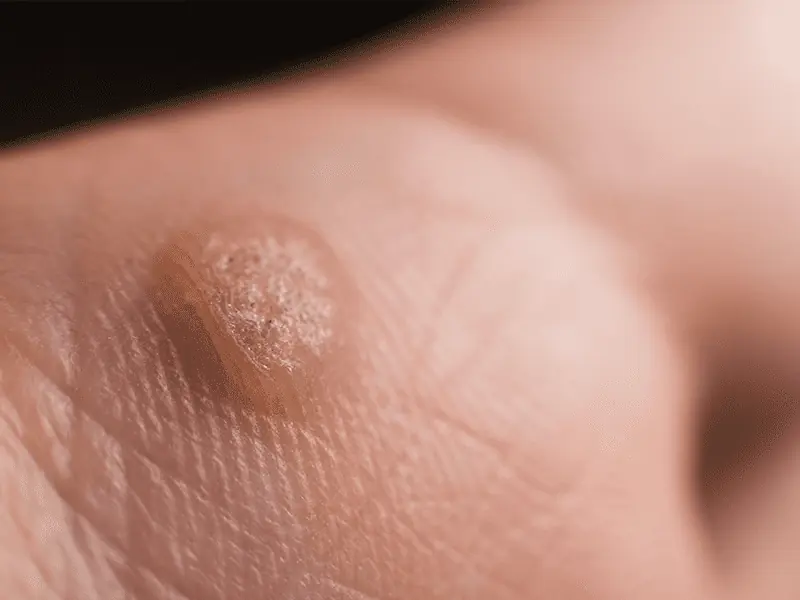
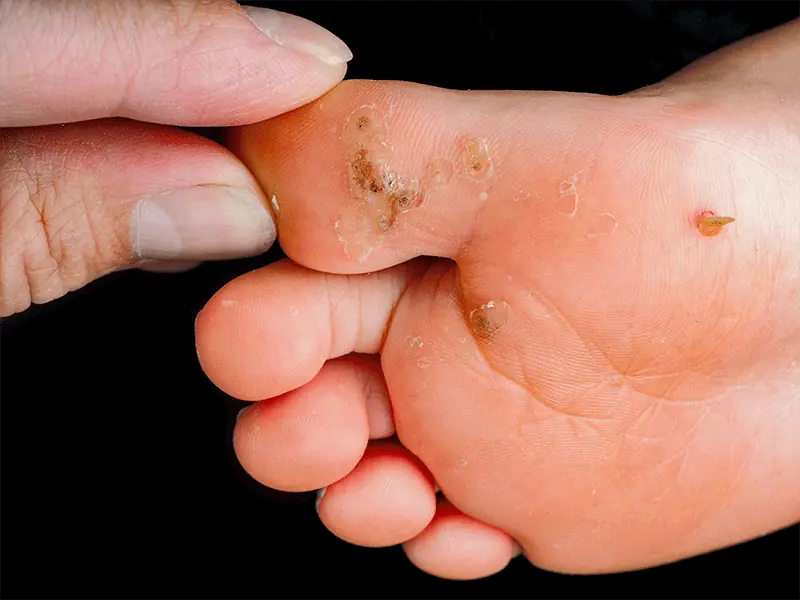
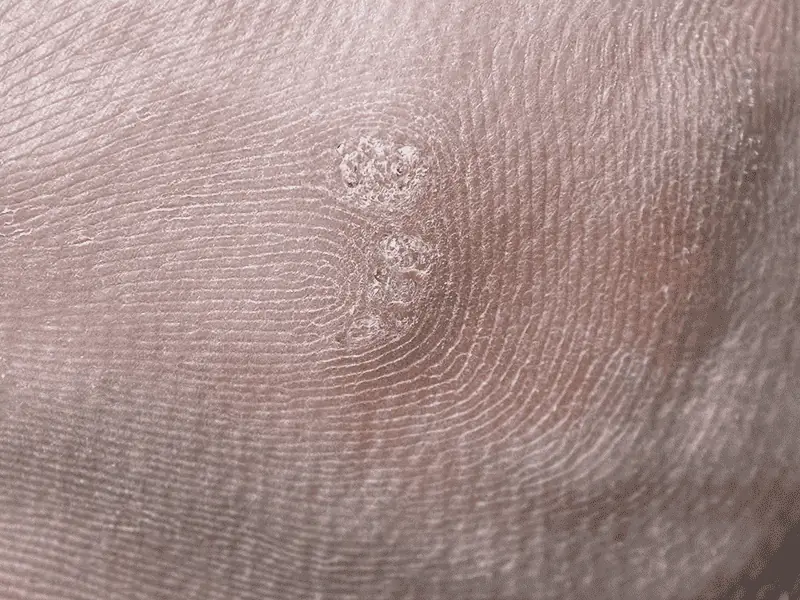
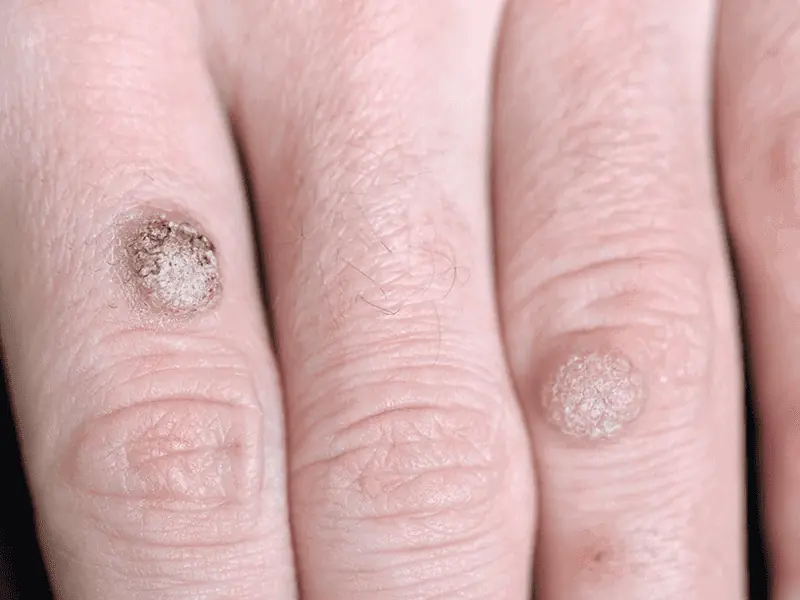
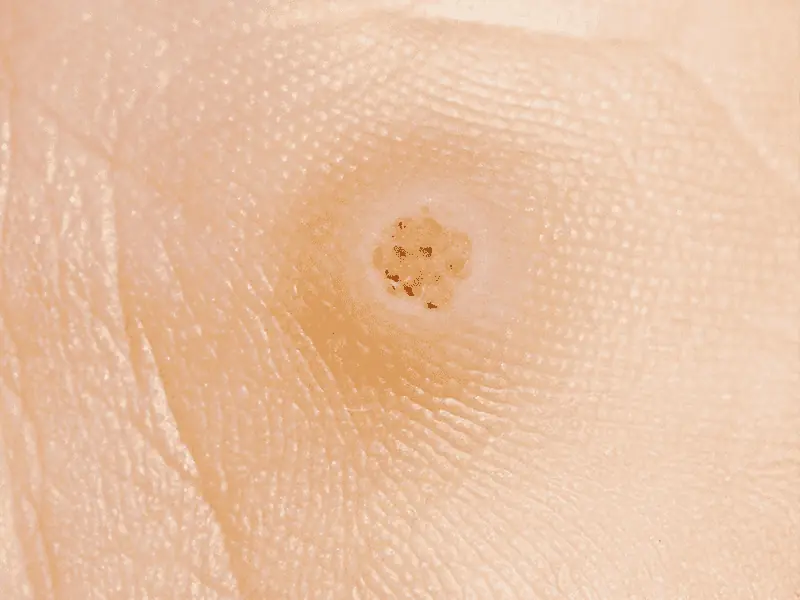
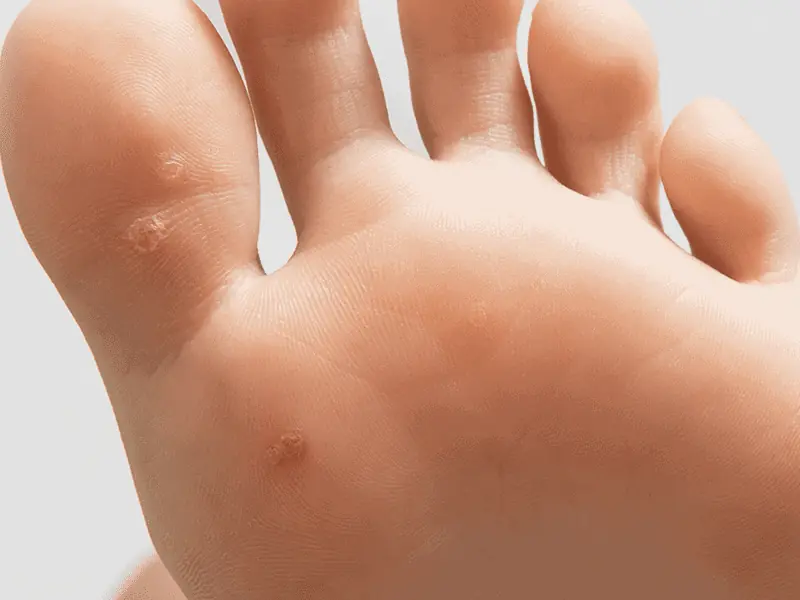
VERRUCAE & Wart removal treatment
Cryotherapy involves freezing the skin cells with liquid nitrogen to kill off the infected tissue. Usually multiple treatments at 2 to 3-week intervals are required to completely eliminate the wart or verruca.
Diphencyprone is a chemical treatment which can be applied to the wart as treatment. When Diphencyprone (DCP) is applied to the skin (painted onto the warts every 2-4 weeks), it boosts the immune response and this helps to clear the virus responsible for causing warts and verrucae. Most patients with warts will respond to treatment with DCP. If your warts have not responded to standard therapies, there is a good chance they may be cleared with DCP therapy.
If treatment has not worked, minor surgery, laser and light treatments may be used. Electrocautery uses heat to cauterise the blood supply to the wart virus. Occasionally, this is combined with curettage (scraping off the wart.) Lasers that target the blood supply can also be successful, so that the wart cannot survive. One treatment is sometimes enough to kill the growth entirely. If all of the blood supply is not killed, further treatment will be needed to ensure that the growth is killed.
Side effects with the laser are minimal; although the treatment will be uncomfortable, the area is not usually that painful afterwards. In some cases, the wart will start to re-appear again after the skin has healed over. In this case, further treatment will be required. Multiple treatments can be necessary in some patients.
Treatment for warts are not always effective first time, and a wart can sometimes recur.
FREQUENTLY ASKED QUESTIONS
HOW COMMON ARE WARTS AND VERRUCAE?
Most people will have warts at some point in their life, though they tend to affect children and young adults. Warts are generally not painful, though verrucas can be sore to stand on. Some people find their warts embarrassing and those on the fingers may interfere with normal daily activities.
Without treatment, the length of time it takes a wart to disappear will vary between people. As a rough guide, about a third of warts have gone within three months, and most will have resolved within 2 years. Verrucas can take a lot longer than this to disappear.
For further information please visit the NHS website and the British Association of Dermatology Patient leaflet.
HOW CAN I PREVENT WARTS AND VERRUCAE FROM SPREADING?
- Wash your hands after touching a wart or verruca
- Change your socks daily if you have a verruca
- Cover warts and verrucae with a plaster when swimming
- Take care not to cut a wart when shaving
- Don’t share towels, flannels, socks or shoes
- Don’t bite your nails on fingers with warts on
- Don’t walk barefoot in public places if you have a verrucae
- Don’t pick or scratch at them
Verrucae & Wart removal Treatment Process:
Book Assessment
Contact us to arrange a no-obligation consultation with our experienced specialist who will examine and discuss your stage of warts & verrucae.
Appropriate Treatment Identified
There are a wide range of treatment options available depending on the severity and location of your warts and/or verrucae. Our experienced dermatologist will explain all of your treatment options and help you to decide the best programme for you.
Treatment Begins
Once an appropriate treatment has been agreed upon, the treatment programme begins, and you’ll be well on your way to a healthier, happier skin. Results will likely appear within the timeframe suggested by your warts and verrucae specialist.
REQUEST A CALL BACK
Please fill in this form and one of our team will give you a call back to arrange a consultation with one of our expert dermatologists.
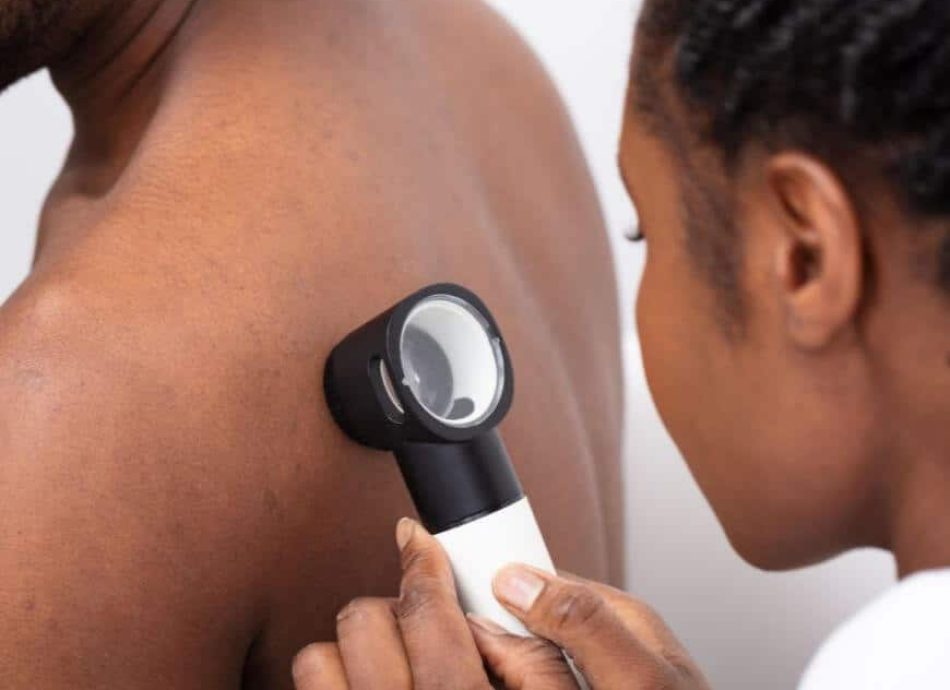
HEAR FROM OUR PATIENTS
WHY TREAT YOUR WARTS & VERRUCAE AT STRATUM DERMATOLOGY CLINICS?
We understand the impact that skin conditions can have on your confidence and we are here to help. As warts and verrucae are a contagious skin condition that can be easily passed on from person to person, it is vital to get diagnosis and treatment as quickly as possible.
We work with leading experts in the field of dermatology to ensure you have the best experience and treatment. Stratum Dermatology Clinics are regulated by the Care Quality Commission, are part of the British Association of Dermatologists and are top-rated by patients on Doctify so you can assure safe and effective wart removal treatment with us.
Wart Removal Cheltenham
Stratum Clinics Cheltenham
5 Ormond Terrace
Cheltenham
GL50 1HR
Wart Removal Oxford
Stratum Clinics Oxford
Blackberry Clinic
Ground Floor, The Quorum
7600 Oxford Business Park
Alec Issigonis Way
Oxford, OX4 2JZ
Wart Removal Wimbledon & Raynes Park
Stratum Clinics Wimbledon & Raynes Park
Raynes Park Health Centre
1 Lambton Road
Wimbledon
SW20 0LW
Latest INSIGHTS AND ADVICE

Guide to Fall Skin Conditions
Autumn, with all its stunning colours, also brings some challenges for our skin. As the air gets cooler and the leaves turn vibrant shades, it’s a reminder that we’re steadily approaching winter. Keeping your skin glowing and healthy during this transition from summer to the
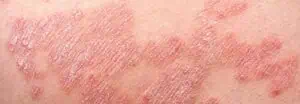
Eczema Awareness Month – Complete Guide on Eczema
October is Eczema Awareness Month. For individuals living with eczema, you will be all too familiar with the trials of handling this skin complaint. It’s our mission throughout October and beyond to educate, support and empower you by delivering invaluable insights on its origin, available

Understanding Varicose Veins: Symptoms, Treatments and Prevention
Varicose Disease Awareness Month focuses on raising awareness about varicose veins, a common but often ignored condition affecting millions globally. This September, we’re highlighting the importance of early detection, available treatments and lifestyle changes to effectively manage varicose veins. By increasing awareness, we aim to
